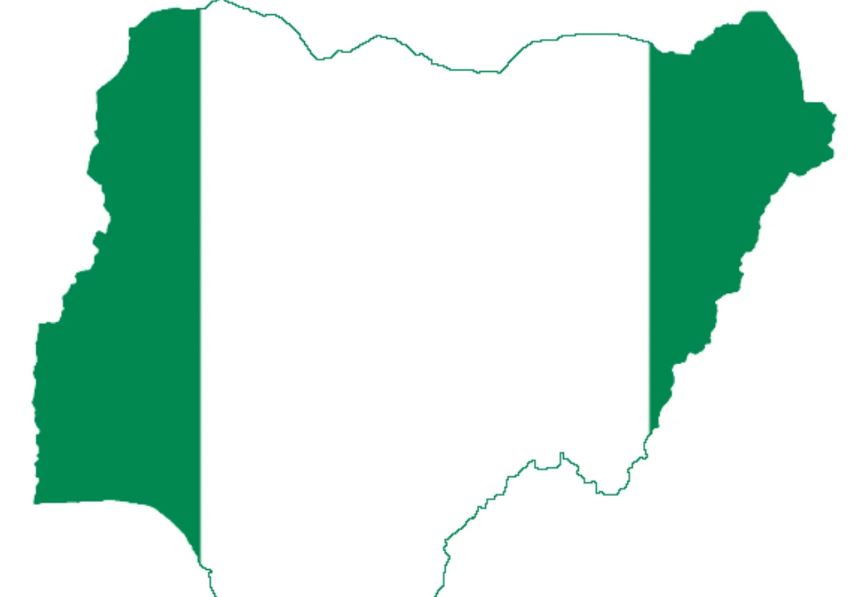Nigerians received with depression a report by the National Bureau of Statistics, NBS, indicating that 133 million of the country’s population live in abject poverty.
The report disclosed that 133 million Nigerians are multi-dimensionally poor.
It said the poverty was due to a lack of access to health, education, living standards, employment and security. It also indicated that 65% of poor people— 86 million live in the North, while 35%— nearly 47 million live in the South.
Recall that in 2015, the All Progressives Congress-led Federal Government had promised to lift 100 million Nigerians out of poverty in 10 years by creating three million jobs annually.
However, the current reality proves the contrary.
In the wake of the NBS’s report, the Socio-Economic Rights and Accountability Project (SERAP) had urged President Muhammadu Buhari to quickly set up a presidential panel to investigate government spending on all poverty alleviation and social safety nets programmes and projects executed between 2015 and 2022.
SERAP said, “The report that 133 million Nigerians are poor suggests corruption and mismanagement in the spending of trillions of naira on social safety nets and poverty alleviation programmes, including the reported disbursement of over $700 million from the repatriated Abacha looted funds to these programmes.”
Also, some economic experts blamed the country’s leaders at the federal, State and local governments for throwing millions of Nigerians into abject poverty.
While reacting to the report, a Financial Management expert, Mr Idakolo Gbolade, disclosed that part of the increased poverty rate could be traced to the fact that 85% of States in Nigeria significantly rely on the federation’s allocation for sustainability. This, he said, doesn’t augur well with the country in terms of economic development.
Idakolo stated that governors of most State governments in Nigeria are suffering from a disease called ‘Laziness of the Mind’.
He expressed displeasure that most States in the federation lack the enabling environment for industrialization to thrive, which drives revenue generation.
He urged the State government to look internally by rallying around its citizenry to reduce the poverty rate.
He said: “This is not far from the truth because you need infrastructural developments and deliberate government policies to stem poverty— this needs to be improved in most States; 85% of the States in Nigeria rely solely on revenue sharing for sustainability.”
Meanwhile, a health expert has expressed concern about the implications of high poverty in the health sector.
Dr Giginna Mathias, a private health consultant, lamented that the nation’s health is already overstretched with other challenges, and that adding a high poverty index is a double blow.
According to him, the government had ignored for too long to address the issues of employment, insecurity and other systemic failures that trigger poverty.
“You can see how bad it is for the medical practitioner and the patient. And then, you bring in this factor of poverty and what it does to human health.
“I think everything has totally gone wrong with the way we have been managing our resources. The signs have been there for too long for our political leaders to do things rightly by funding the health sector.
“It’s not just the health sector alone; it’s too complex, more than you can imagine.
“So the government has not gotten security right, the government has not gotten infrastructure right, the government has not gotten the economy right, so these are some of the few factors that drive people to poverty. I blame the government,” he said.
He added, “the implications are staring at our faces; they aren’t hidden. Tell me how a person who can’t afford a square meal can take good care of his health. He will certainly resort to fate and pray he survives. It’s a terrible situation we have found ourselves in.
“Let’s pray we don’t witness a health emergency. Imagine what happens if there is a disease breakout; only God knows.
“Apart from that, the Labour force is progressively depleting because a healthy nation is a wealthy nation.”

